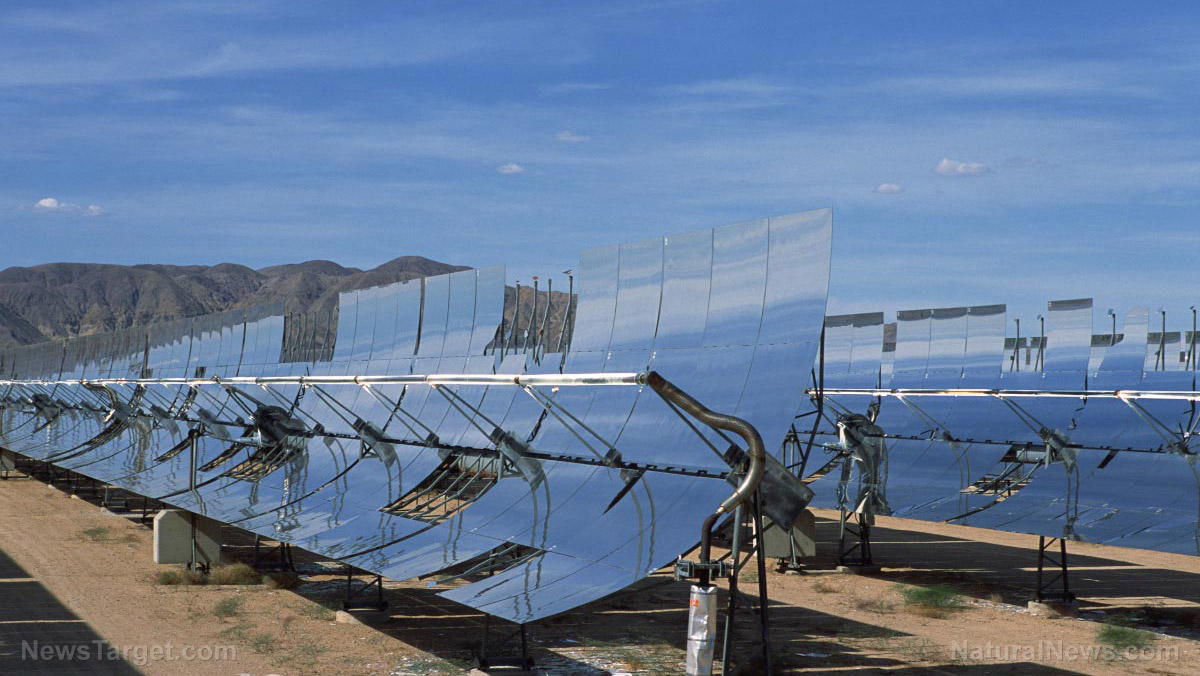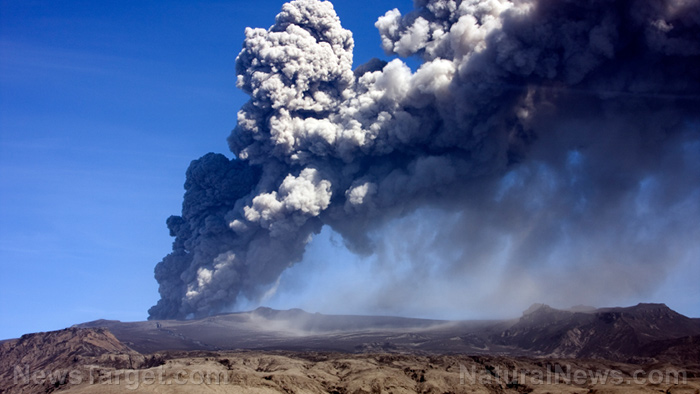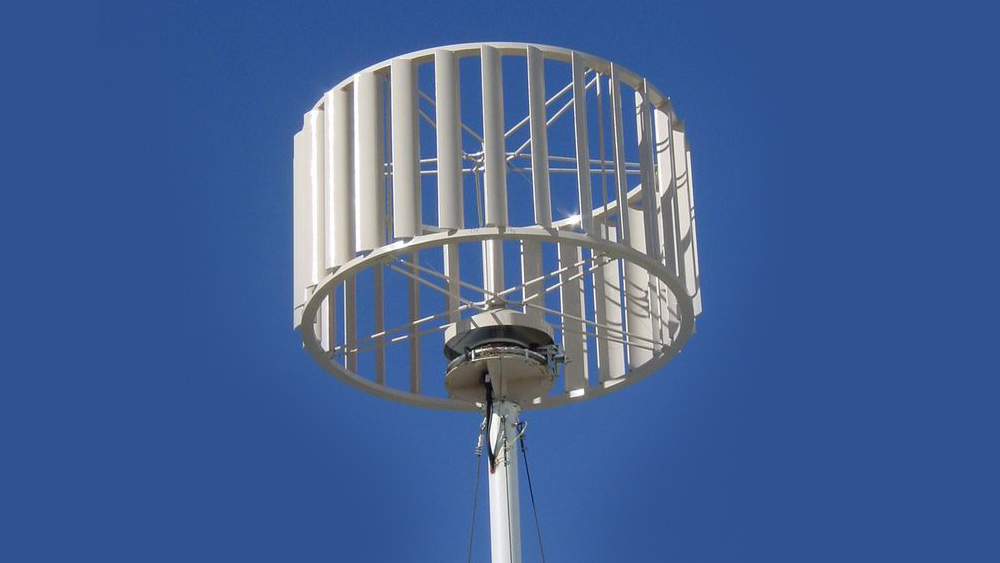Nevada legislature passes sweeping clean energy bill focused on funding electric vehicle infrastructure
06/11/2021 / By Franz Walker

On Monday, May 31, the Nevada legislature approved a sweeping clean energy bill aimed at increasing spending on electric vehicle infrastructure in the state.
State Bill (SB) 448 passed in the state assembly in a 31-10 vote after it passed in the Senate unanimously. The puts legislative backing behind the planned “Greenlink Nevada” transmission upgrade, which would build two new 525-kilovolt transmission lines essentially linking the entire state.
Under the new bill, utility NV Energy would have to complete construction on the project by the start of 2029, earlier than the original 2031 completion date.
SB 448 advances Nevada’s green energy goals
Introduced by state Sen. Chris Brooks, a Democrat from Las Vegas, SB 448 advances Nevada’s goal to reach 100 percent carbon-free resources by 2050. This was first introduced in a 2019 bill that also raised the state’s Renewable Portfolio Standard to 50 percent by 2030.
The new bill goes further. It requires utilities to forecast a path to achieve an 80 percent reduction in carbon dioxide emissions from 2005 levels by the end of the decade.
An important part of SB 448 is the accelerated construction of the Greenlink Nevada projects, which involves the laying down of 600 miles of new transmission lines connecting the eastern and western parts of the state to Las Vegas. The new lines will effectively create a transmission triangle that connects the state’s population centers to open areas with significant potential for solar and geothermal energy production.
The Greenlink West line, which connected Reno to Yerington to Las Vegas, was approved for construction by the Public Utilities Commission in March. But the second Greenlink North line was only approved for permitting. This was due to concerns from the gaming and resort industry that the project would raise customer costs. The approval of SB 448 puts the weight of the legislature behind the project.

“This could give Nevada access to huge amounts of renewables that are currently not able to reach the grid because of transmission constraints,” said Cameron Dyer, a Nevada-based staff attorney for Western Resource Advocates. “This is the only path forward to a fully decarbonized Nevada.”
SB 448 also sets the state on a path towards joining a competitive wholesale energy market with other western states. It creates an 18-member task force to examine the steps Nevada would need to participate in a retail transmission organization (RTO).
The bill sets a requirement for the state to join an RTO by 2030, but there are options to delay or bypass that requirement.
Bill could save Nevada billions
Should Nevada Gov. Steve Sisolak sign SB 448, it will require the state’s largest utility, NV Energy, to invest $100 million in charging infrastructure for light-, medium- and heavy-duty electric vehicles (EV) over the next three years.
This amount of investment is seen as providing much-needed economic stimulus without straining the state budget. The latter, alongside the state’s economy, has been hit hard by the Wuhan coronavirus (COVID-19) pandemic.
A minimum of 40 percent of these investments will also be made in communities that have borne a disproportionate share of transportation pollution and have suffered most from COVID-19, which is made more deadly by exposure to local air pollution.
The bill is also seen as helping the state save money by encouraging drivers to switch to EVs. According to a report by MJ Bradley & Associates, commissioned by NRDC, Southwest Energy Efficiency Project, and Western Resource Advocates, Nevada could save up to $21 billion in avoided expenditures on gasoline and maintenance, reduced utility bills and environmental benefits by 2050. (Related: Clean energy is now the cheapest source of electricity, according to the open market.)
EVs can save families money as driving on electricity is cheaper than gasoline. This is on top of electricity rates being more stable than gasoline prices, as the former are regulated by state public utility commissions. In addition, EVs are also cheaper to maintain due to having fewer moving parts.
For more on state efforts to switch to clean energy, follow NewEnergyReport.com.
Sources include:
MJBradley.com[PDF]
Tagged Under: Bill, Clean Energy, electric vehicles, electricity, energy, EV, geothermal energy, government, green living, legislation, Nevada, power, renewables, solar and renewables, solar energy





















